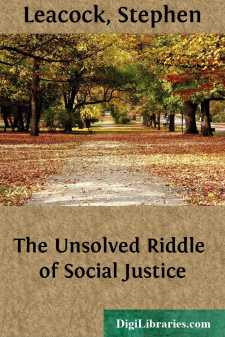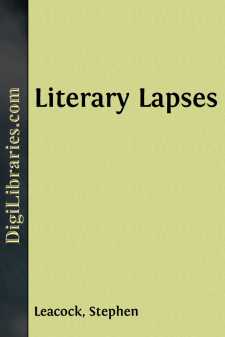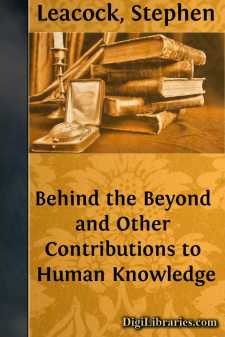Categories
- Antiques & Collectibles 13
- Architecture 36
- Art 48
- Bibles 22
- Biography & Autobiography 815
- Body, Mind & Spirit 144
- Business & Economics 28
- Children's Books 18
- Children's Fiction 14
- Computers 4
- Cooking 94
- Crafts & Hobbies 4
- Drama 346
- Education 58
- Family & Relationships 59
- Fiction 11833
- Games 19
- Gardening 17
- Health & Fitness 34
- History 1378
- House & Home 1
- Humor 147
- Juvenile Fiction 1873
- Juvenile Nonfiction 202
- Language Arts & Disciplines 89
- Law 16
- Literary Collections 686
- Literary Criticism 179
- Mathematics 13
- Medical 41
- Music 40
- Nature 179
- Non-Classifiable 1768
- Performing Arts 7
- Periodicals 1453
- Philosophy 65
- Photography 2
- Poetry 896
- Political Science 203
- Psychology 44
- Reference 154
- Religion 515
- Science 126
- Self-Help 85
- Social Science 82
- Sports & Recreation 34
- Study Aids 3
- Technology & Engineering 59
- Transportation 23
- Travel 463
- True Crime 29
Our website is made possible by displaying online advertisements to our visitors.
Please consider supporting us by disabling your ad blocker.
The Hohenzollerns in America
by: Stephen Leacock
Description:
Excerpt
II—HOW TO OPEN A CONVERSATION
After the ceremony of introduction is completed the next thing to consider is the proper way to open a conversation. The beginning of conversation is really the hardest part. It is the social equivalent to "going over the top." It may best be studied in the setting and surroundings of the Evening Reception, where people stand upright and agonise, balancing a dish of ice-cream. Here conversation reaches its highest pitch of social importance. One must talk or die. Something may be done to stave it off a little by vigorous eating. But the food at such affairs is limited. There comes a point when it is absolutely necessary to say something.
The beginning, as I say, is the hardest problem. Other communities solve it better than we do.
The Chinese System
In China conversation, between strangers after introduction, is always opened by the question, "And how old are YOU?" This strikes me as singularly apt and sensible. Here is the one thing that is common ground between any two people, high or low, rich or poor—how far are you on your pilgrimage in life?
The Penetentiary Method
Compare with the Chinese method the grim, but very significant formula that is employed (I believe it is a literal fact) in the exercise yards of the American penitentiaries. "What have YOU brought?" asks the San Quentin or Sing Sing convict of the new arrival, meaning, "And how long is your sentence?" There is the same human touch about this, the same common ground of interest, as in the Chinese formula.
Polite Society
But in our polite society we have as yet found no better method than beginning with a sort of medical diagnosis—"How do you do?" This admits of no answer. Convention forbids us to reply in detail that we are feeling if anything slightly lower than last week, but that though our temperature has risen from ninety-one-fifty to ninety-one-seventy-five, our respiration is still normal.
Still worse is the weather as an opening topic. For it either begins and ends as abruptly as the medical diagnosis, or it leads the two talkers on into a long and miserable discussion of the weather of yesterday, of the day before yesterday, of last month, of last year and the last fifty years.
Let one beware, however, of a conversation that begins too easily.
The Mutual Friends' Opening
This can be seen at any evening reception, as when the hostess introduces two people who are supposed to have some special link to unite them at once with an instantaneous snap, as when, for instance, they both come from the same town.
"Let me introduce Mr. Sedley," said the hostess. "I think you and Mr. Sedley are from the same town, Miss Smiles. Miss Smiles, Mr. Sedley."
Off they go at a gallop. "I'm so delighted to meet you," says Mr. Sedley. "It's good to hear from anybody who comes from our little town." (If he's a rollicking humourist, Mr. Sedley calls it his little old "burg.")
"Oh, yes," answers Miss Smiles. "I'm from Winnipeg too.
I was so anxious to meet you to ask if you knew the
McGowans....












